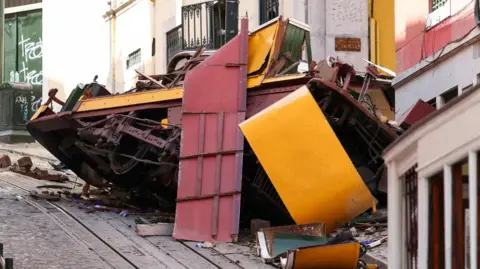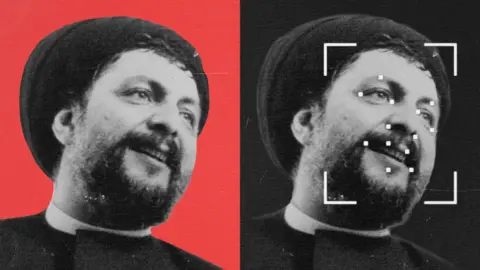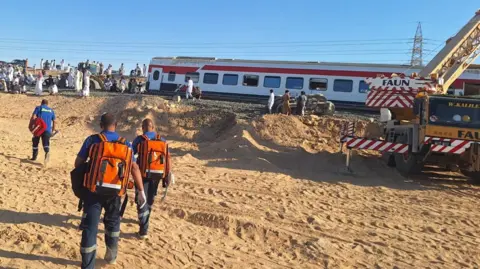Moments after takeoff, the tragic crash of Air India Flight 171 has led to growing concerns over aviation safety and the potential for human error. Preliminary findings from investigators indicate that just seconds into the flight, fuel was cut off to both engines, raising questions about the pilots’ decision-making at the critical moment.
According to information obtained from the aircraft’s voice and data recorder, a conversation was captured between the cockpit crew shortly before the incident. One pilot inquired why the fuel system had been turned off, while the other denied having performed such an action. This dialogue has led experts to focus on potential pilot error, which has overshadowed earlier speculations regarding mechanical failure or design flaws of the Boeing 787 Dreamliner involved in the incident.
The disaster, which occurred on June 12 after takeoff from Ahmedabad, has been marked as India’s most devastating aviation accident since 1996, resulting in the deaths of all but one of the 242 passengers aboard and dozens more on the ground. The aircraft plummeted into a medical college's dining hall before it erupted into flames.
The flight was piloted by Captain Sumeet Sabharwal, who boasts over 10,000 hours of flying experience, and First Officer Clive Kunder with an additional 3,400 hours. These figures suggest a well-experienced crew, complicating the narrative around potential negligence.
Investigators from India’s Aircraft Accident Investigation Bureau indicated that their report does not recommend actions for Boeing or General Electric, the manufacturers of the aircraft and engines, respectively. As inquiries continue, stakeholders in aviation safety are confronted with pressing questions regarding training protocols, emergency response procedures, and the overarching responsibility of flight crew decisions in preventing such tragedies in the future.





















